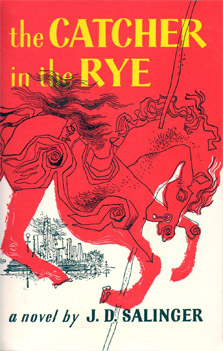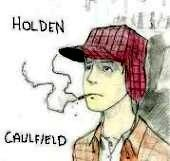Better late than never!
Christmas festivities and some serial essay writing seemed to cloud my memory, so apologies for the lateness.
December’s read was A Christmas Carol by Charles Dickens.
We were all in good spirits…Christmas was fast approaching and the mulled wine and cake was aplenty!
We discussed how A Christmas Carol helped to shape Christmas traditions – when it was first published in 1843, old traditions were waning, and this novella helped to send a message of joy and hope at this time of year. Interestingly, Christmas trees and the first Christmas cards began appearing in the 1840’s.
Poverty is a continuous theme throughout the novel – there are many references to the workhouses, of which Scrooge is an advocate for towards the beginning. Maintaining relevance to the era in which it was written, Scrooge’s assistant, Bob Cratchit and his family represent poverty, and later become a concern of Scrooge when he discovers the more charitable and kinder aspects of himself – only after being visited by three ghosts mind!
For anybody whom may be interested, this website contains A LOT of information about Charles Dickens, and the page about A Christmas Carol is worth a look http://charlesdickenspage.com/christmas.html
The numerous television and film adaptations formed a large part of conversations – favourites including The Muppet’s Christmas Carol, Disney’s Christmas Carol, and of course Ross Kemp’s modern day version concerning a loan shark in central London (definitely better than it sounds).
A couple of people were not a fan of the overly descriptive style, but then would it be Dickens without it?! Overall the general consensus was that it was an enjoyable read, especially a couple of weeks before Christmas, which seems but a distant memory already…
Now to begin 2015’s reading list.
For anybody who would like to read more this year, I recommend joining Goodreads and entering into the 2015 reading challenge. Personally I find it motivating but it’s also useful when looking for new authors/books to try. http://www.goodreads.com/challenges/show/3082-2015-reading-challenge
Happy New Year!
Rachael



